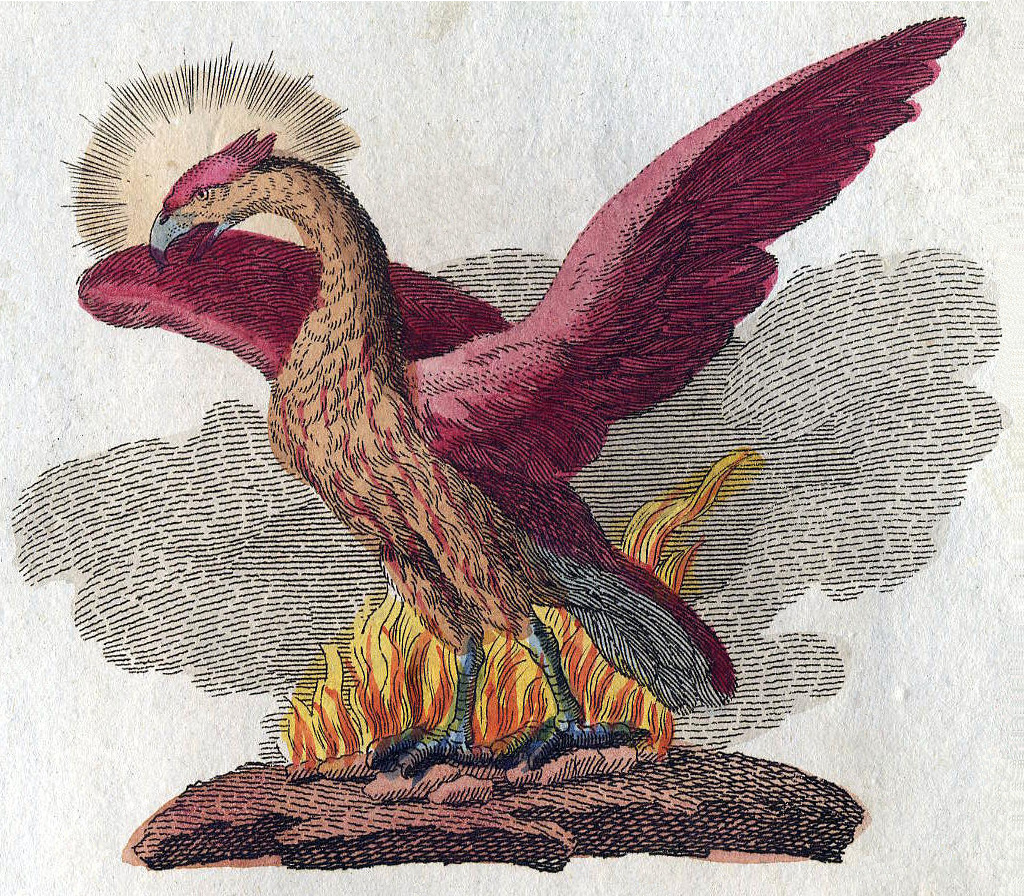
Wiki / Phoenix
Inhaltsverzeichnis: (verbergen)
|
Sternenkonstellation im Inneren eines Glases |
|
Ich kann nicht brechen das ist eben das Schlimme. Ich zerbreche nie, bin der prädestinierte Phönix.
|
|
Der spanische Mystiker und Kirchenlehrer des Karmeliter-Ordens Johannes vom Kreuz hat eine innerseelische Läu-
Läuterung der Sinne Gesicht, Gehör, Geruch, Geschmack, Tastsinn und Phanta- sie, Vorstellungskraft. "Es geht nicht darum, den Sinnenbe- reich hinter sich zu lassen, sondern ihn vom Geist durch- dringen zu lassen. Die Kräfte des Sinnenbereichs sollen nicht sinnlos zersplittert, sondern in den Prozess der Liebeseinung mit Gott einbezogen werden."
Läuterung des Geistes innerseelischer Bereich des Menschen, der es ihm ermög- licht, sein Leben bewusst in die Hand zu nehmen und sich seiner Verbindung zum Göttlichen innezuwerden. "Dazu müssen allerdings die geistigen Kräfte des Menschen in der Nacht des Geistes geläutert und von Allem entleert werden, was nicht Gott ist. Wie der Sinnenbereich vom Geist, so muss der Geist von Gott durchdrungen werden." |
| Siehe auch: ► Läuterung |
Exzerpt aus einem Brief an einen vertrauten Beichtvater
Persönliche Bekenntnisse
Alle "Geheimen Aufzeichnungen" von Mutter Teresa wurden in den drei-bändigen Seligsprechungs-Akten im Jahr 2002 hinterlegt. Im gleichen Jahr wurden sie von dem Redaktionsleiter Saverio Gaeta der katholischen Zeitung "Famiglia Cristiana" veröffentlicht.
Empfehlungen
Zukunftsaussichten

|
Literaturzitate
Personal avowals
After a profound mystical experience at age 42 Saint Hildegard became a polymath.
|
Recommendations
Conclusion
"Education in selfless constancy"

|
Literary quotes
Poem
Song lyrics
I love the dark hours of my being
My mind deepens into them.
There I can find, as in old letters,
the days of my life, already lived,
and held like a legend, and understood.
Then the knowing comes: I can open
to another life that's wide and timeless.
| Rainer Maria Rilke (1875-1926) Bohemian-Austrian poet, novelist, The Book of Hours [Das Stunden-Buch], Insel Verlag, Leipzig, April 1905, Rilke's Book of Hours. Love Poems to God, translated by Anita Barrows and Joanna Macy, April 1905, Riverhead Trade, 8th edition 1. April 1997 |
| See also: ► Poems |
Alban Butler (1710-1773) English Roman Catholic priest, hagiographer, The Lives of the Fathers, Martyrs and Other Principal Saints, four volumes (resulted from thirty years of study), London, 1756-1759, Kessinger Publishing, 26. May 2006
Facing their dark past
| ||||||||||||||||||||
|
| Source: ► Evelyn Underhill (1875-1941) British Anglo-Catholic mystic, theologian, pacifist, writer on Christian mysticism, poet, novelist, Mysticism. A Study in Nature and Development of Spiritual Consciousness, 1911, New American Library, New York, 1974 |
| See also: ► Mysticism |
Source: ► Article by David van Biema, US American TIME journalist, religious author,
Mother Teresa's Crisis of Faith [Mutter Teresa tiefe Glaubenskrise],
presented by the US American weekly news magazine TIME, S. 3-5, 23. August 2007
Jesus has a very special love for you.
[But] as for me, the silence and the emptiness is so great, that I look and do not see, – listen and do not hear – the tongue moves [in prayer] but does not speak [...].
Lord, my God, who am I that You should forsake me? The Child of your Love – and now become as the most hated one –
the one – You have thrown away as unwanted – unloved. I call, I cling, I want – and there is no One to answer – no One
on Whom I can cling – no, No One. – Alone [...]. Where is my Faith – even deep down right in there is nothing, but empti-
ness and darkness – My God – how painful is this unknown pain – I have no Faith – I dare not utter the words & thoughts
that crowd in my heart – and make me suffer untold agony.
Undated
So many unanswered questions live within me afraid to uncover them – because of the blasphemy – If there be God – please forgive me – When I try to raise my thoughts to Heaven – there is such convicting emptiness that those very thoughts return like sharp knives and hurt my very soul. – I am told God loves me – and yet the reality of darkness and coldness and emptiness is so great that nothing touches my soul. Did I make a mistake in surrendering blindly to the Call of the Sacred Heart?
Pope Pius XII died October 1958.
[P]roof that God is pleased with the Society. And then and there, she rejoiced, disap-
peared the long darkness [...] that strange suffering of ten years. It lasted for five weeks.
| Video sources: ► Deleted video presentation Mother Teresa: The Legacy, official film of the occasion of Mother Teresa's Beatification in Rome, 54:22 minutes duration, issued 2003, producedby the Canadian filmmakers Anne Petrie and Jeannette Petrie, Gloria.tv film, 4:56 trailer, 54:21 minutes duration, posted 21. March 2009 ► Deleted video TV presentation Mother Teresa – Questioning, presented by the US American broadcasting corporation ABC News, YouTube film, 2:45 minutes duration, posted 10. September 2007 |
| See also: ► Mother Teresa |
Links zum Thema Bewusstseinssprünge und Dunkle Nacht der Seele / Leaps in consciousness, Crucible, Dark Night of the SoulLiteratur
Ein Führer für das persönliche Wachstum in einer transformativen Krise
Literature (engl.)
Externe Weblinks
Angelehnt an das Grimmsche Märchen Der goldene Vogel, KHM 57, Deutsche Volksmärchen, 1857
1. Körperliche Reaktion ✣ 2. Persönlichkeit ✣ 3. Spiegel ✣ 4. Emotionalität und Zeitbeschleunigung ✣ 5. Reinigung der Seele
External web links (engl.)
Audio and video links (engl.)
|
Hawkins
1 [S]ince Thou hast taken from me all that I had of Thee, yet of Thy grace leave me the gift which every dog has by nature: that of being true to Thee in my distress, when I am deprived of all consolation. This I desire more fervently than Thy heavenly Kingdom. Mechthild of Magdeburg (1207-1282) German medieval mystic, member of the Béguines, visionary, writer ⇑